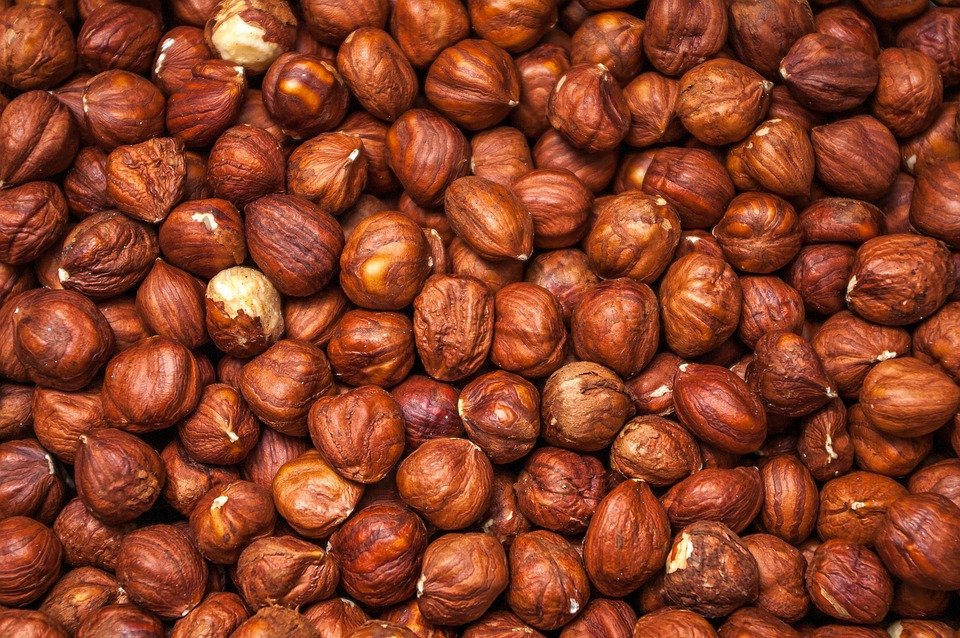Protein and its Effect on Hunger and Satiety: Can it Help Control Cravings?
Protein is an essential macronutrient that plays a crucial role in our overall health and well-being. Not only does it support the growth and repair of tissues, but it also aids in the production of enzymes, hormones, and antibodies. Additionally, protein has been found to have a significant impact on hunger and satiety, making it a potential ally in controlling cravings and maintaining a healthy weight. In this article, we will explore the relationship between protein and hunger, examine its effect on satiety, and address frequently asked questions about its role in managing cravings.
The Link Between Protein and Hunger:
Protein has a unique ability to increase feelings of fullness and reduce hunger, making it an effective tool for weight management. When compared to carbohydrates and fats, protein takes longer to digest, leading to a slower release of energy and a prolonged feeling of satiety. This slow digestion process is attributed to the complex structure of proteins, which requires more time and energy for the body to break down.
Moreover, protein stimulates the release of hormones that control hunger and fullness. One of these hormones is peptide YY (PYY), which is released from the gut after protein consumption. PYY signals to the brain that the body is full and suppresses appetite, consequently reducing the desire to eat. Another hormone affected by protein intake is ghrelin, also known as the “hunger hormone.” Protein has been found to reduce ghrelin levels, leading to decreased feelings of hunger.
The Effect of Protein on Satiety:
Satiety refers to the feeling of fullness and satisfaction after a meal. Protein-rich foods have been consistently shown to enhance satiety and reduce the total amount of calories consumed during subsequent meals. This phenomenon is known as the “protein leverage hypothesis.” According to this theory, the body has a fixed protein target that it aims to meet, and it will continue to crave food until this target is reached. By prioritizing protein consumption, we can effectively satisfy this target and feel more satiated, thereby reducing the urge to overeat.
Furthermore, protein has a high thermic effect, meaning that the body expends more energy to digest and process it compared to carbohydrates and fats. This increased energy expenditure can contribute to weight maintenance or even weight loss, as it burns additional calories throughout the day.
FAQs about Protein and Cravings:
Q: How much protein should I consume to control cravings?
A: The recommended daily intake of protein varies depending on factors such as age, sex, and activity level. However, a general guideline is to consume around 0.8 grams of protein per kilogram of body weight. For example, a sedentary adult weighing 70 kilograms should aim for approximately 56 grams of protein per day. However, individual needs may differ, so consulting a healthcare professional or a registered dietitian is advisable to determine an appropriate protein intake for your specific goals.
Q: What are some good sources of protein?
A: Protein can be obtained from both animal and plant sources. Animal-based sources include lean meats, poultry, eggs, fish, and dairy products. Plant-based sources include legumes, tofu, tempeh, edamame, nuts, seeds, and certain grains such as quinoa. Incorporating a variety of these foods into your diet can help you meet your protein needs.
Q: Can protein supplements help control cravings?
A: Protein supplements, such as protein shakes or bars, can be a convenient option to increase protein intake. However, it is important to remember that whole foods should be the primary source of nutrients. If choosing to use protein supplements, opt for those that are low in added sugars and artificial additives. Additionally, it is crucial to consider them as part of a balanced diet rather than relying solely on supplements.
In conclusion, protein plays a vital role in controlling hunger and increasing satiety. By incorporating protein-rich foods into our meals and snacks, we can effectively manage cravings and support overall weight management. However, it is essential to maintain a balanced diet that includes other macronutrients and micronutrients to ensure optimal health.


